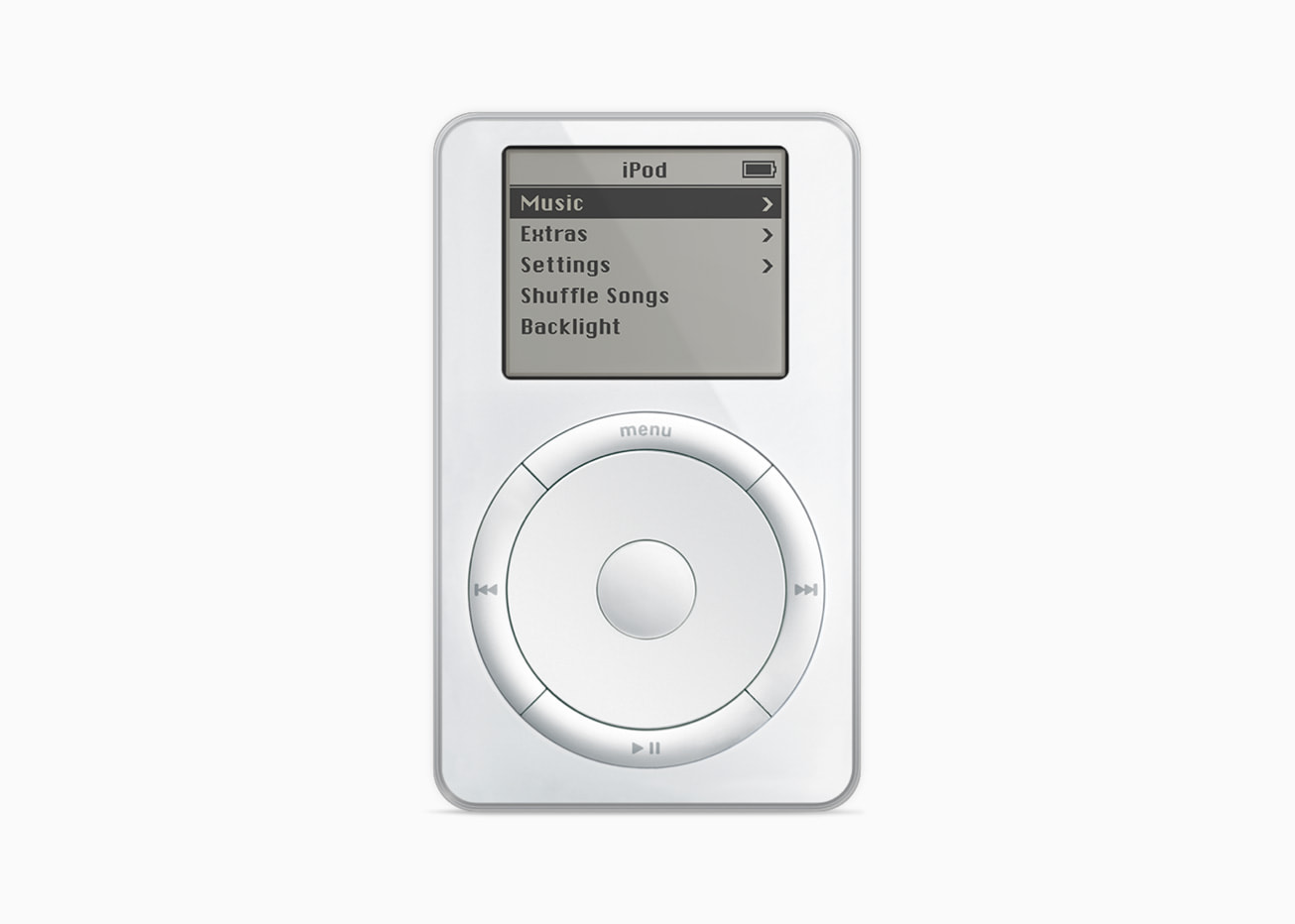
Photo- AI Generated
Napster and the Birth of Music Piracy in the Digital Age
Napster emerged in the music industry, forever changing the way people consume and share music.
18 April 2024
Founded by Shawn Fanning and Sean Parker in 1999, Napster quickly became synonymous with the concept of peer-to-peer (P2P) file sharing, allowing users to exchange digital music files freely over the internet.
At its peak, Napster boasted millions of users worldwide, drawn to its vast library of music and the promise of accessing their favourite songs with just a few clicks. However, Napster's rise also sparked controversy and legal battles that would shape the future of the music industry.
One of the key issues surrounding Napster was copyright infringement. The music shared on Napster was often unauthorized, leading to allegations of piracy from record labels and artists who saw their work being distributed without compensation. This sparked a series of lawsuits against Napster, ultimately leading to its shutdown in 2001.
Despite its demise, Napster made the way for a digital revolution that would follow. Napster demonstrated the demand for digital music and the potential of the Internet to disrupt traditional distribution models. It also highlighted the challenges of enforcing copyright in the digital age and the need for new approaches to protecting intellectual property.
In the years that followed Napster's shutdown, legitimate music streaming services emerged, offering a legal alternative to P2P file sharing. Platforms like Spotify, Apple Music, and Amazon Music provided users with access to vast libraries of music for a monthly subscription fee, compensating artists and rights holders for their work.
While Napster may have been a flash in the pan, its impact continues to be felt in the way we consume and distribute music online, serving as a cautionary tale of the risks and rewards of technological innovation.




